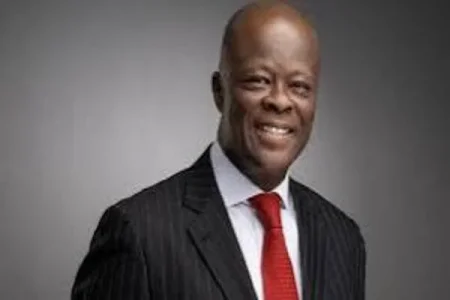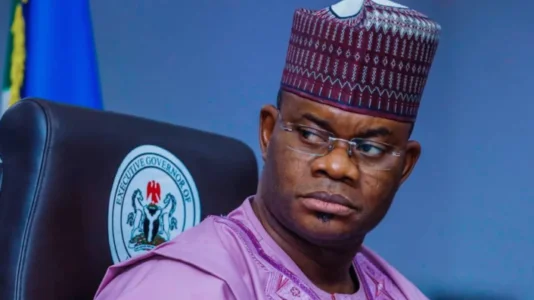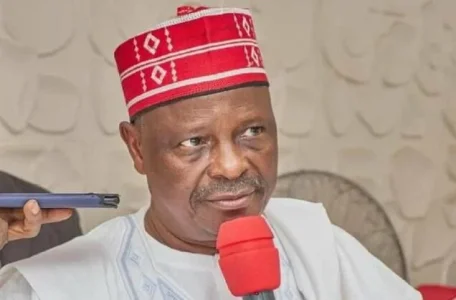
The presidential panel on social investment programs, led by Wale Edun, Minister of Finance and Coordinating Minister of the Economy, has proposed the removal of intervention initiatives from the jurisdiction of the Ministry of Humanitarian Affairs.
According to reliable sources, the panel submitted its recommendations to President Bola Tinubu. The social investment programs, including the N-Power Program, Conditional Cash Transfer Program, Government Enterprise and Empowerment Program, and Home Grown School Feeding Program, are currently under the federal Ministry of Humanitarian Affairs and Poverty Alleviation, with implementation overseen by the National Social Investment Program Agency (NSIPA).
The programs were temporarily halted following the suspension of Betta Edu as the humanitarian affairs minister, who is now under investigation by the Economic and Financial Crimes Commission (EFCC) for alleged financial misconduct.
The controversy surrounding Edu intensified after a memo surfaced, revealing her request to transfer N585 million to a private account. Further documents highlighted controversial approvals, including allocating airfares to Kogi, a state without an airport.
In response, President Tinubu suspended Edu and directed the panel, led by Edun, to conduct a comprehensive diagnostic on the financial framework of the social investment programs.
The interim report from the panel, seen by TheCable, recommends resuming the programs to alleviate the plight of vulnerable Nigerians. However, it suggests establishing a new board under Edun's leadership to oversee these initiatives, calling for a thorough review and amendment of the NSIPA act.
An anonymous government official emphasized the need for due process in transferring the programs to a new body, requiring an amendment to the existing laws.
This development comes against the backdrop of the senate's previous moves in October 2023 to place the NSIPA under the presidency, with a bill to that effect passing the second reading in the legislative chamber.
As the nation awaits further actions and responses from key stakeholders, the fate of these crucial social investment programs hangs in the balance, navigating a complex landscape of legal considerations and governance reforms.




